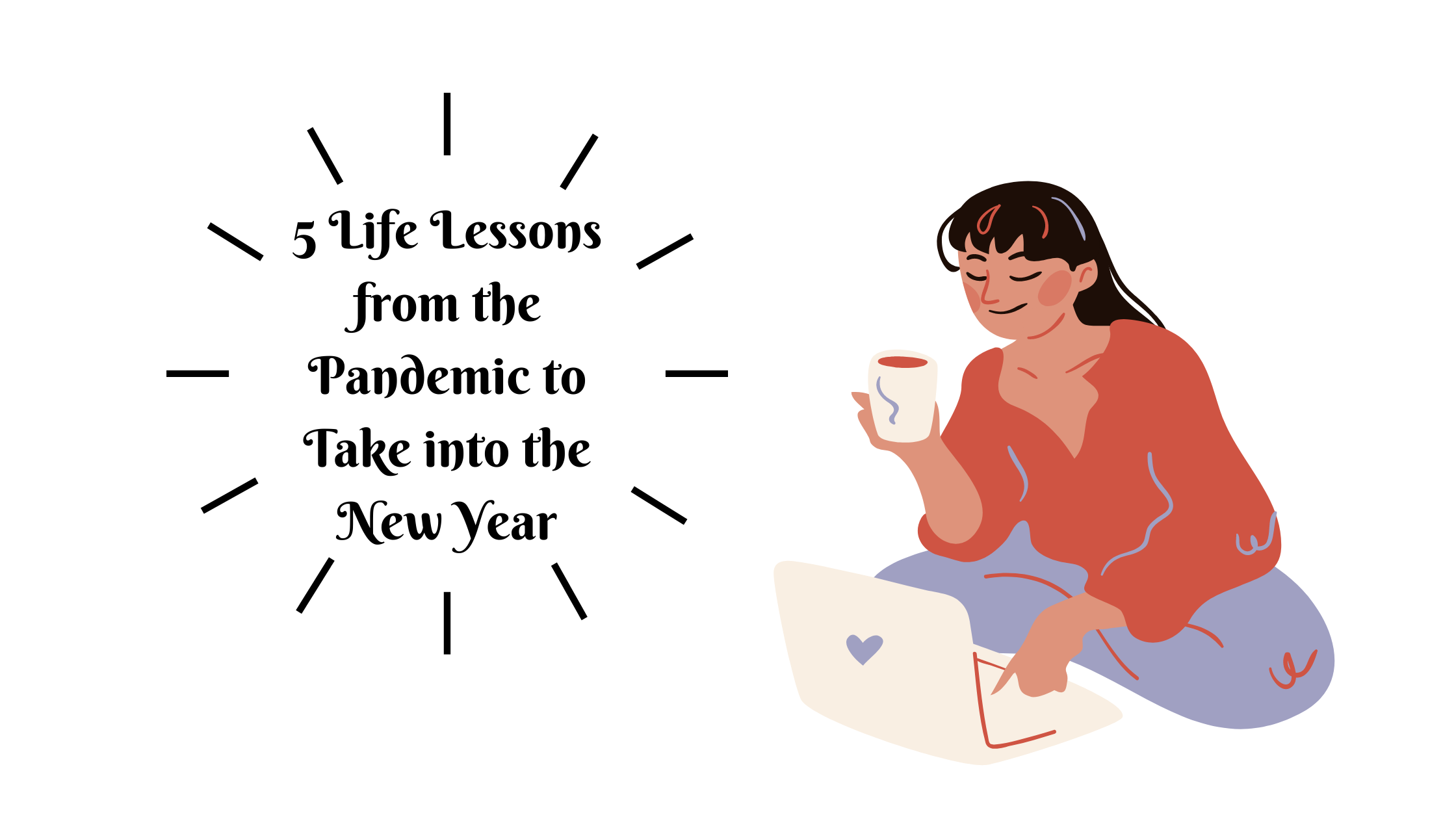
As we begin a new year, I’ve started to reflect more on the tumultuous sequence of events throughout 2020. I experienced many firsts, from wearing a mask for more than eight hours at a time to learning how to use online servers like Discord for the first time. It has been a learning experience for us all. Resilience is defined as “the ability of people or things to recover quickly after something unpleasant,” and this year has certainly shaped the way individuals, families and communities adapt to significant changes. On a personal level, these are some key takeaways I’m bringing into the New Year:
Strengthen core relationships
Undeniably, one of the most important lessons I’ve learned since the start of the pandemic is the importance of core relationships. As a busy university student with activities that barely fit within a twenty-four hour schedule, I’m constantly meeting new people and forging new friendships. However, since that fateful day when WHO announced COVID-19 to be a global emergency, all of these activities grinded to a halt. The activities that shaped my social circles and created a sense of community and fulfilment left me feeling intensely isolated. Once these activities diminished, my social circles narrowed which created more time to spend with my loved ones. There is a finite amount of energy and time we have to create meaningful relationships, and the pandemic reminded me that the grass is indeed greener where you water it.

Adapt to change
From both a personal and societal perspective, change is often needed. However, the staggering pace of change accelerated by the pandemic left many people feeling stunned like a deer in the headlights. Why are we still feeling the shocks and aftershocks of change? As one sociological model (Kubler-Ross’s Five Stages of Grief) describes it, change happens in phases, and our reactions are no different. It takes time for individuals and organizations to follow through a transformation. While the model describes the trajectory of grieving in death and dying, it certainly applies to the emotional turmoil experienced by many individuals during the pandemic. From a student’s perspective, we adapted to online learning, completed co-op placements from home, and perhaps learned a few new recipes in the kitchen. What we can take away from the pandemic, however, is that by learning from immense stressors to the status quo, we can emerge with stronger skills for coping with change and resiliency.

Spotlight on mental health
The pandemic’s toll on mental health can not be overstated. The early days in the pandemic created uncertainties both in our personal and professional lives. I remember the rapid transition to online learning that stressed both students and academic professors alike. When these stress compounded, I recall having to take some time for myself to meditate, re-energize, and reset. Initially, the breakdown of our mental well being can seem trivial. For me, it was masked by an intense lack of motivation and a poor appetite. As mental health problems accumulate, an intersection of different stressors can mean that even one small trigger can be the straw that breaks the camel’s back. It became increasingly important for me to have small check-ins with myself, my friends, and my family members. These reminders can go a long way, and being mindful of our own emotions will help us better tackle them. Lastly, there is always support available when your own resources become scarce. The university has some excellent resources for when you most need it.

Support your communities
As the pandemic progressed, it became increasingly apparent the extent to which we are all interdependent and connected with one another. For example, I had the opportunity to intern with Alberta Health Services in their supply chain portfolio. This unforgettable experience revealed just how disruptive one hiccup in the process can create cascading effects that impact the end user — whether it be a healthcare worker or a patient. Similarly, our communities are highly interdependent in that a closure of a small family business still impacts the morale of the overall community. In a global crisis such as the pandemic, it becomes even more critical to support one another. You instance, you might offer to pick up groceries for a high-risk or immunocompromised friend or neighbour. And staying home and abiding by public health measures helps save lives and support those who are most vulnerable in your community.
Material is immaterial
The average consumer debt has been rising at an alarming rate since the early 2000s. The reality of capitalism is that the market constantly shapes your “wants” into “needs.” Targeted advertising that boasts “the best sale of the season” and dictates the next item on your wish list can have detrimental effects on individual savings. Not only is “keeping up with the Joneses” exhausting, it’s unsustainable. The pandemic saw a reduction in many people’s discretionary spending. Especially in this time of economic uncertainty, it helped many people prioritize their budget. For example, an investment in a new hobby as opposed to material goods can be more rewarding in the long-run than a bigger and shinier Christmas tree.